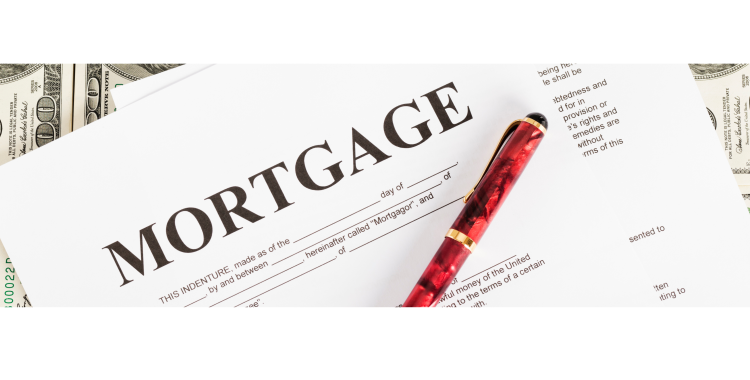The Difference Between Discharging a Mortgage and Paying a Mortgage Off
A mortgage is a secured loan made up of two ‘parts’, the loan, and the security.
The loan is a sum of money given by a lender (usually a bank) to purchase a property, which is expected to be paid back, usually with interest. Most times, the loan is secured by the lender by way of mortgage. The mortgage on the title acts as security by giving the bank the right to sell the property if the property owner defaults.
The mortgage is usually required by banks to be provided by the borrower in order to give the borrower their loan. Following the providing of the mortgage to the bank, the mortgage is registered on the Certificate of Title by the Land Titles Office.
Paying off a mortgage or loan is when the loan is repaid.
Many people take years to finish paying off their mortgage, but what happens after its paid?
Discharging the mortgage can only happen when the mortgage is fully repaid and is the process of removing the mortgage from the Title and the transferring of control of the title from the bank to the property owner.
However, paying off the mortgage does not automatically remove the mortgage from the Certificate of Title. There is a separate process to go through to discharge the mortgage involving filing relevant discharge documents with the Victorian Land Titles Office. We can assist with this.
For those looking for further information, or help with the discharge of their mortgage, please feel free to reach out to our office on email: admin@wslegal.com.au or phone: (03) 9707 1155.

